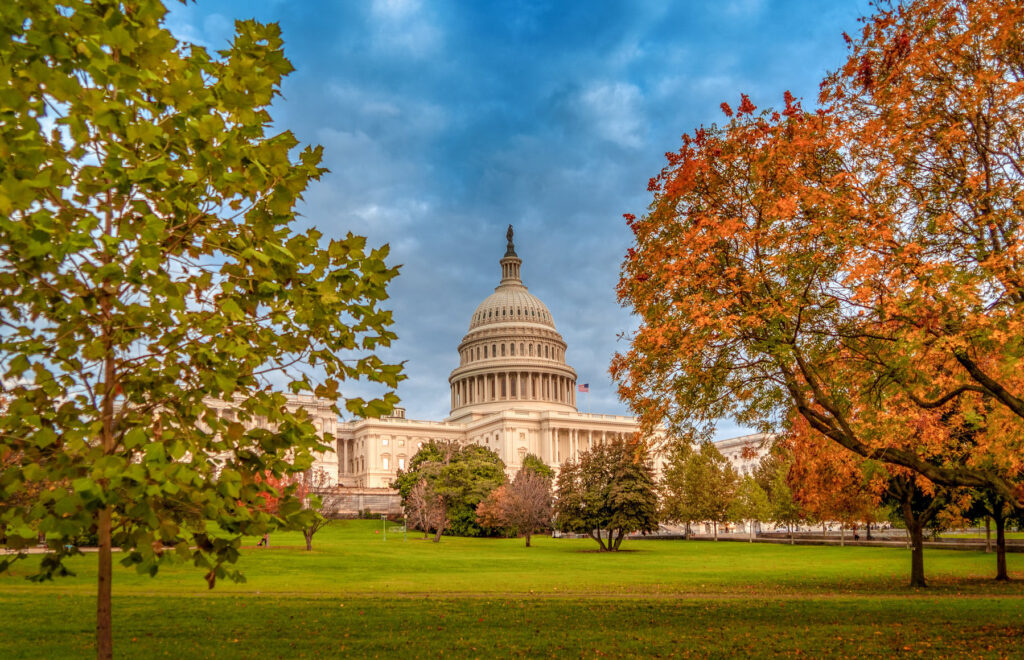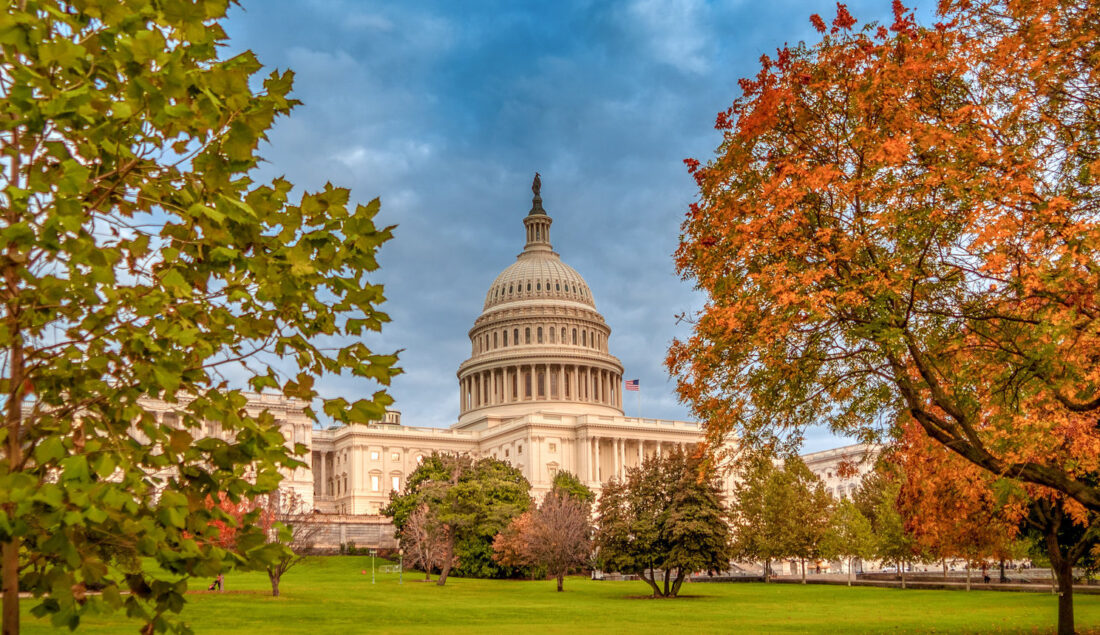On September 28, 2022, the Office of Congressional Workplace Rights (OCWR) announced its Board of Directors voted to update regulations implementing the overtime provisions of the Fair Labor Standards Act (FLSA). The OCWR Board of Directors also called on Congress to approve the proposed changes in the Congressional Record.
The current FLSA regulations that apply to Congress were issued by the Office of Compliance (the previous name of the OCWR) back in 1996. In its recent press release, the OCWR said the 1996 regulations are “woefully outdated” and the new regulations will modernize the overtime provisions to bring Legislative branch employees’ overtime pay to parity with the Executive branch and the private sector.
The updated proposed regulations are here, and the current regulations are available here.
In March 2021, the OCWR Board of Directors issued its Section 102(b) report for the 117th Congress. The reports provides several recommendations that have not been implemented within the Legislative branch, as well as additional recommendations to amend the CAA to increase transparency and workforce protections. Some of the recommendations include:
- Providing general whistleblower protections and anti-retaliation measures and making additional OSHA retaliation provisions applicable to the Legislative branch.
- Providing subpoena authority to OCWR to conduct inspections and investigations into OSHA violations.
- Prohibiting Legislative branch offices from making adverse employment decisions on the basis of an employee’s wage garnishment or involvement in bankruptcy proceedings.
- Bolstering the CAA’s recordkeeping requirements.
In August 2022, Delegate Eleanor Holmes Norton introduced legislation, the Congress Leads by Example Act of 2022 (H.R. 8743), that would put into effect recommendations from the Office of Congressional Workplace Rights. Del. Norton has introduced a version of this bill every Congress since 2011.
Congress should look to pass H.R. 8742 and the updated OCWR regulations during the lame duck period.

